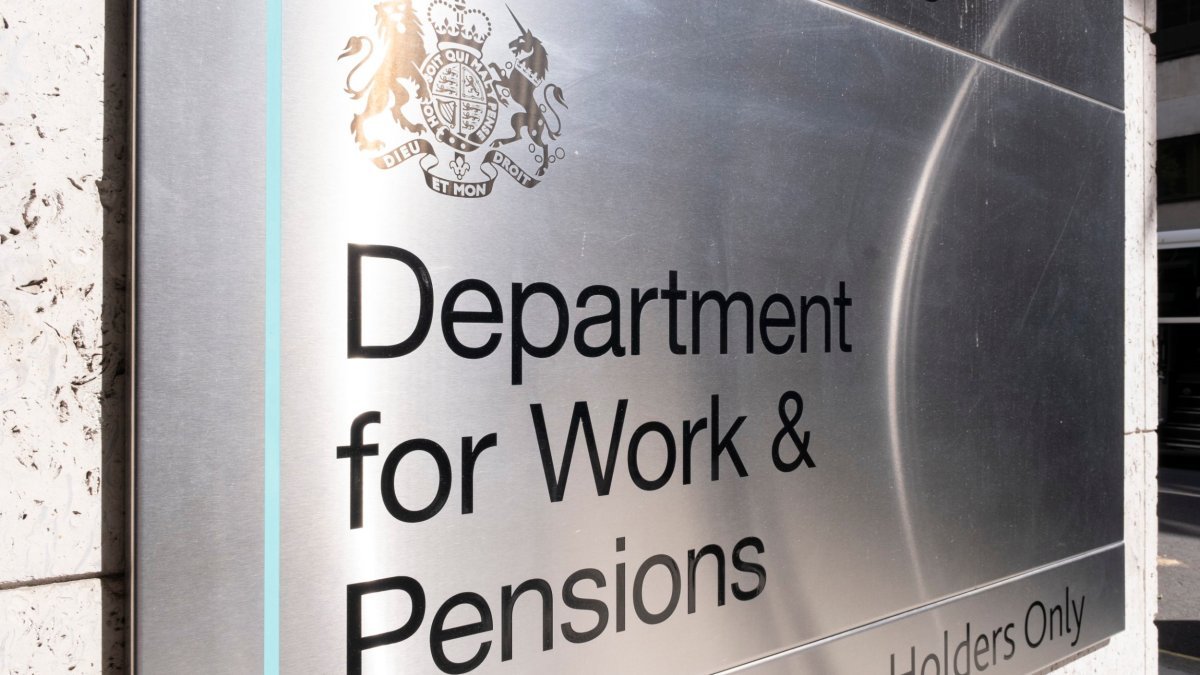Tightening up assessments for disability benefits will not necessarily bring down the soaring taxpayer bill, a report has found.
Cracking down on assessments for personal independent payments (PIP) and incapacity benefits will damage people’s living standards without helping them into work, the analysis warned.
The report, published on Thursday by the Resolution Foundation, cautioned against the belief it has “become too easy to receive support” through disability or incapacity benefits, stating “there is no evidence to support this claim”.
And this is shown by the fact that, since the introduction of PIP in 2013, award rates have been stable, it states.
“Rushed attempts to simply restrict benefit eligibility are therefore likely to result in people with acute needs having their support and living standards cut without improving their underlying health conditions and job prospects,” the Resolution Foundation said.
The Conservative Government have announced several reforms to disability and out of work incapacity benefits in order to bring down the soaring cost of the benefits.
The total annual spend on working-age health-related benefits has increased from £28bn to £43bn between 2013 and 2024.
And this is due to “accelerate” further, by 48 per cent (or £20bn) to £63bn, between 2022-23 and 2028-29, the think-tank warned.
Ministers have proposed scrapping the out of work health benefit assessment and merging it with PIP, which provides support for people with challenging conditions regardless of their employment status.
And the Conservative Party manifesto pledged to cut spending on benefits by £12bn a year by the end of the next parliament.
This, the party said, would be done by reforming “disability benefits so they are better targeted and reflect people’s genuine needs, while delivering a step change in mental health provision”.
The report said this policy would “involve a large cut to working-age disability benefits that would be extremely difficult to deliver”.
“A cut of £12bn equates to almost two fifths (38 per cent) of the working-age PIP bill, and history suggests that saving money by reforming disability benefits takes time,” it said.
Questioned by i earlier this month, Rishi Sunak said: “The welfare system should be geared to support those who genuinely can’t work, always compassionately and generously, but then to make sure that we do support everyone who can into work. And those are the reforms that I set out and I’m absolutely committed to.”
Before the election was announced the Government also said it wanted to help people back into work by matching individuals with vacancies and funding training and support.
Labour has also said it wants to reform the assessment process for disability benefits, as well as enacting a plan to get more disabled people into work, but with little in the way of detail.
Spending on both means-tested incapacity benefits for those unable to work and disability benefits, which are based on someone’s needs due to a condition and not related to income, is rising.
The Resolution Foundation said the taxpayer bill for both is projected to increase even more quickly in the next parliament than it has done over recent years.
Lindsay Judge, research director at the Resolution Foundation, said: “There are no easy fixes to this problem. This isn’t down to people gaming the system, or support somehow being easier to claim.
“Nor is it the case that a so-called ‘benefits clampdown’ would produce easy, pain-free savings.
“Instead, the growing health-related benefit spend reflects the fact that Britain is becoming older, sicker and experiencing more disability, and that previous reforms have often been poorly designed.
“We therefore need to focus more on enabling people to enjoy longer, healthier working lives – a goal that requires an integrated strategy involving the NHS and employers, as much as the Treasury and DWP.”
This rise in spending is driven by an aging population as well a decline in health and increase in disability and the biggest pressure is a rise in the number of claimants rather than an increase in the generosity of the welfare support.
The number of working-age people who say they have a disability has increased from 5.9 million in 2012-13 to 8.9 million in 2022-23.
Real-terms spending on working-age incapacity benefits increased by a third over the past decade. Spending on disability benefits has soared by 89 per cent over the same period.
The report said politicians should “focus on the underlying causes of a rising caseload, not just on restricting the eligibility and generosity of claims”.






